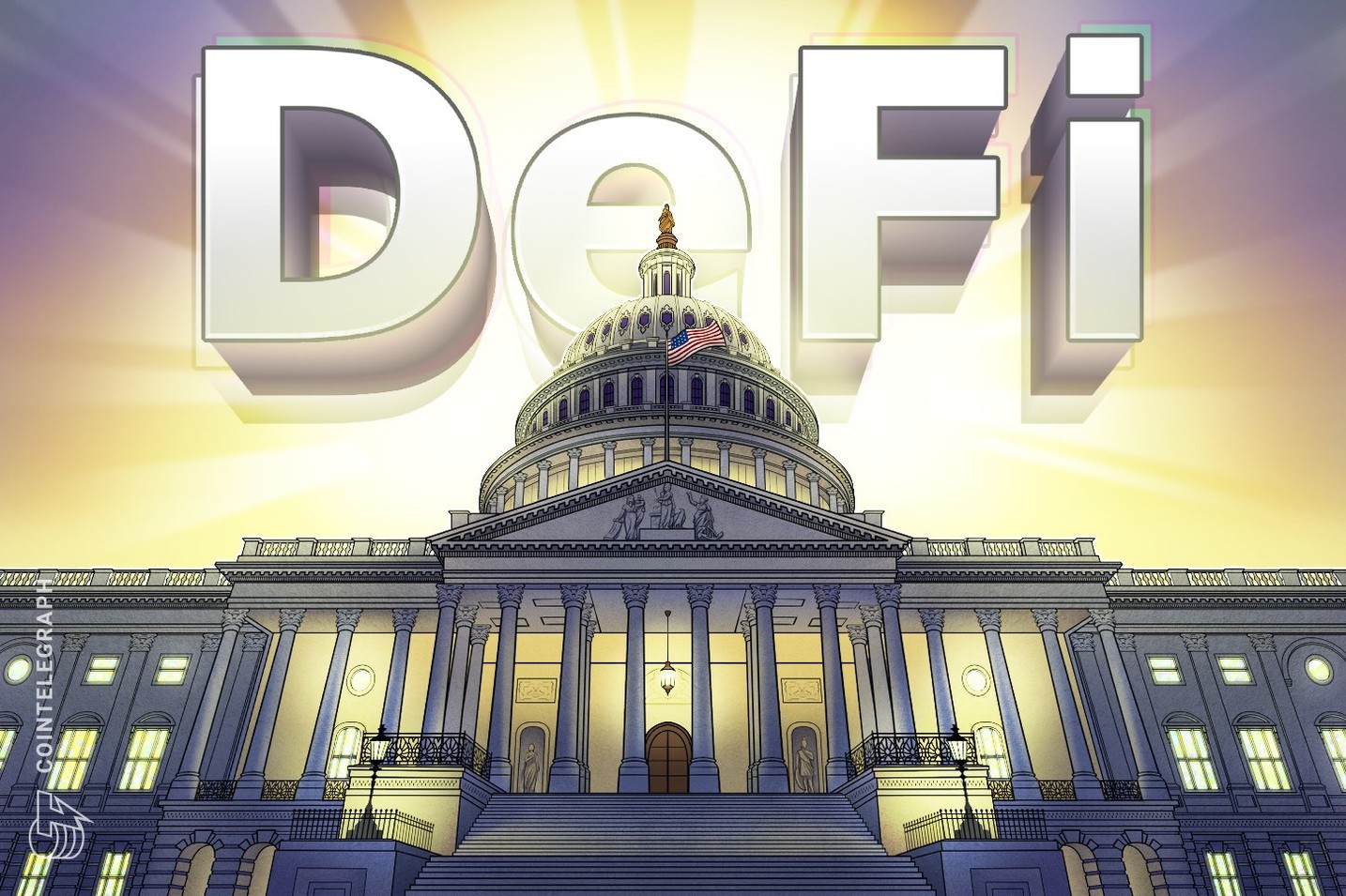The U.S. House of Representatives has approved a bill to repeal an IRS regulation that classifies decentralized finance (DeFi) platforms as brokers, requiring them to collect user transaction data for tax purposes. The measure, which passed with bipartisan support in a 292-132 vote, follows a similar decision by the Senate, bringing it one step closer to becoming law.

Rep. Jason Smith spoke in support of the Congressional Review Act resolution on Tuesday before the House vote (C-SPAN)
Why Lawmakers Oppose the IRS DeFi Rule
Introduced in the final days of former President Joe Biden’s administration, the IRS rule has faced strong opposition from both lawmakers and the crypto industry. Critics argue that the regulation imposes unrealistic compliance demands on DeFi platforms, which operate differently from centralized exchanges and lack the ability to collect user data as required. Missouri Republican Jason Smith emphasized that these platforms function independently of traditional financial institutions, making the IRS mandate impractical.

Earlier this month, the Senate voted 70-30 to reject the rule. Former President Donald Trump’s senior advisers have already voiced support for the repeal, and if the Senate reaffirms its stance, Trump is expected to sign it into law. The resolution would also prevent the IRS from introducing similar regulations in the future.
Divided Opinions on Crypto Taxation
The decision to repeal the IRS rule was not universally supported. Illinois Democrat Danny Davis defended the regulation, noting that it stemmed from the bipartisan Infrastructure Investment and Jobs Act of 2021. He compared crypto transactions to stock trades, arguing that requiring brokers to report transactions ensures tax compliance.
However, North Carolina Republican Tim Moore criticized the IRS for overstepping its authority, stating that the rule would stifle innovation and place unnecessary burdens on software developers. Meanwhile, Texas Democrat Lloyd Doggett warned that repealing the regulation could facilitate tax evasion, benefit criminal organizations, and add $4 billion to the national debt, contradicting efforts to reduce government spending.
The Future of DeFi Regulation
Following the House vote, lawmakers also passed a separate bill to extend government funding through September 30, 2025. That measure, narrowly approved in a 217-213 vote, now moves to the Senate for further consideration. If lawmakers repeal the IRS rule, the DeFi sector will achieve a significant victory, shaping future cryptocurrency taxation and compliance policies.








